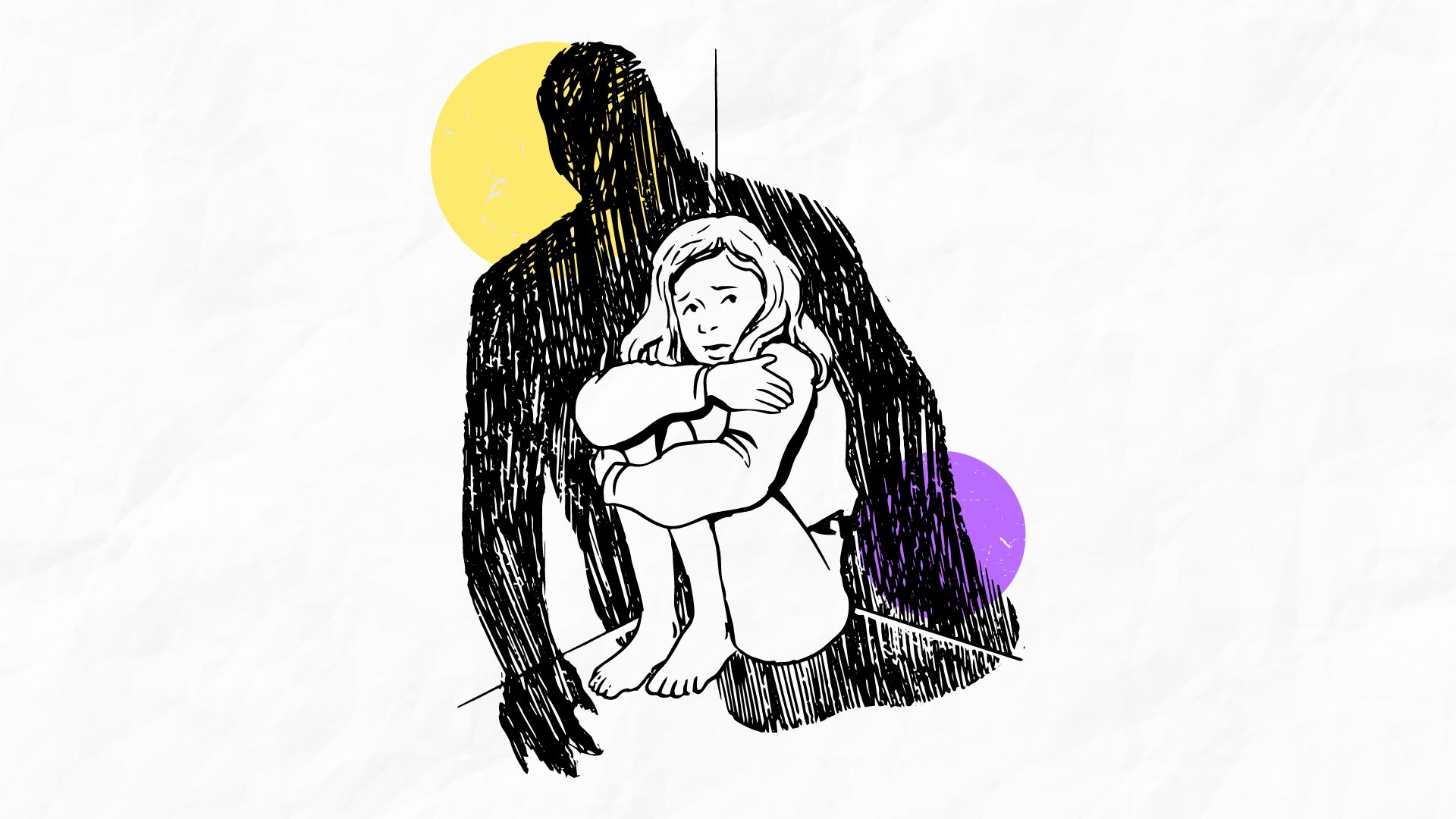On July 28, Nabila Idan, a mother of three, was shot in her family home in Sindiane, Akkar. Initially reported as a suicide by her husband, her family later revealed that he murdered her and fled their home shortly after.
On August 10, expecting mother Hanaa Khodr was set on fire by her husband, causing her to sustain third degree burns on her body and subsequently lose her child. A week later, on August 17, 21 year old Hanaa succumbed to her wounds in Tripoli.
These incidents are not isolated. Nabila and Hanaa are amongst the many women in Lebanon suffering from domestic violence at the hands of their partners.
While domestic violence is not a new phenomenon in Lebanon, cases surged during the first coronavirus lockdown in March 2020, according to a Thomas Reuters Foundation report in February 2021. The Internal Security Forces (ISF) documented a sharp increase in domestic violence reports in the twelve months leading up to the report’s release, with 1,468 reported cases versus the 747 cases that were recorded in the year before.
Domestic violence during the past two years
One of the most prolific domestic murder cases is that of model Zeina Kanjo, who was murdered by her husband Ibrahim Ghazal in their Ain-El-Mraisseh home in January 2021. Following the reporting of her murder by a common friend, Ghazal fled to Turkey, and was later shockingly invited to speak of the events leading up to her murder on local news channel MTV.
Social norms and decades of patriarchal ideology have allowed these men, guilty of abusing or murdering their wives, to perform such heinous acts without remorse, instead seeing their actions as excusable, or in many cases, righteous.
That is the case of Ghinwa Alawi’s husband Ayyash Tarak, an adjutant in the Internal Security Forces (ISF) and a security escort to a politician’s wife in North Lebanon. Tarak tortured his wife in indescribable ways, eventually leading Ghinwa to attempt suicide on August 14.
The act of torture was not enough for Tarak: he enjoyed documenting these events and sending the videos to Ghinwa’s family, who were incapable of helping their daughter due to Tarak’s social immunity as a result of his line of work. This video is currently circulating on social media, yet no news of action against Tarak has been made public.
In December 2020, parliament passed a law in which they amended previous sexual harassment and domestic violence laws from 2014, in favor of better protections for victims. These laws still contain major gaps, and the culprits behind domestic violence crimes still remain free of accountability in a country with a broken judicial system.
These incidents come to show that the passing of national laws against domestic violence is not enough.
What’s next?
Talks of reform are, in many ways, futile. When the system itself is built by and on patriarchal ideals, its components remain tainted.
For decades, the government, the law, and society have treated women —especially working-class women—as second-tier citizens.The laws on domestic violence exist in writing, but the devices in charge of their application seem unmoved. The very MPs who have voted in favor of such laws have consistently exhibited patriarchal behavior and have spewed misogynistic discourse on public platforms.
Back in 2016, during an event held by the Center for Public Policies, MP Elie Marouni claimed that women sometimes “invite men” to rape them in some circumstances, reflecting the scary mentality that many members of the ruling class share.
Additionally, instead of following through with domestic abuse cases brought to their attention, many members of the ISF have undermined, ridiculed, and even verbally harassed many of the women who have sought their help.
At the surface, talks of rebuilding a new system in which women—migrant workers, refugees, and working class individuals included—are all active members and are protected by the law may seem vague for some, maybe even distant.
Yet it is necessary. As long as the same system remains in place, it will continuously marginalize the aforementioned individuals. The murders and abuse of women will continuously be excused by the lawmakers, enforcers, or the judges.
Although a new system cannot be conceptualized overnight by one individual, the most basic of steps calls for solidarity against current state institutions that have been complicit in these crimes.
Nabila, Hanaa, Zeina, Ghinwa, and all the other women in similar situations do not only deserve empty words of consolation and one-day social media headlines, they deserve actual justice.


